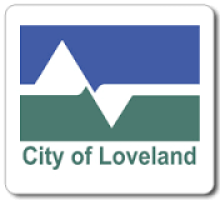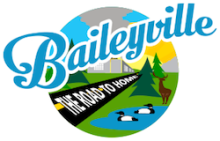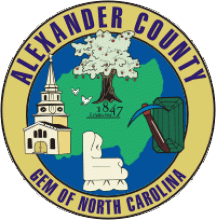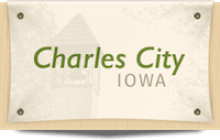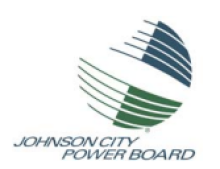Holland's Muni Fiber Pilot Expands in Michigan - Community Broadband Bits Podcast 269

Holland is expanding its pilot area for municipal Fiber-to-the-Home (FTTH) services in Michigan's Dutch outpost. To explain the past, present, and expected future of muni fiber in Holland, Broadband Services Manager Pete Hoffswell for the Board of Public Works, joins us in episode 269 of the Broadband Bits podcast.
The city has some 25 years of experience with dark fiber and open access with 6 ISPs serving some 200+ business locations. In recent years it has looked to expand that network, starting with a gigabit passive optical network (GPON) network in the higher density areas of downtown.
We discuss the city's decision to become a service provider and plans for further expansion, as well as how the city is reacting to increased investment from the existing cable and telephone companies.
In our discussion, we mention HollandFiber.org
This show is 30 minutes long and can be played on this page or via Apple Podcasts or the tool of your choice using this feed.
Transcript below.
We want your feedback and suggestions for the show-please e-mail us or leave a comment below.
Listen to other episodes here or view all episodes in our index. See other podcasts from the Institute for Local Self-Reliance here.
Thanks to Arne Huseby for the music. The song is Warm Duck Shuffle and is licensed under a Creative Commons Attribution (3.0) license.


